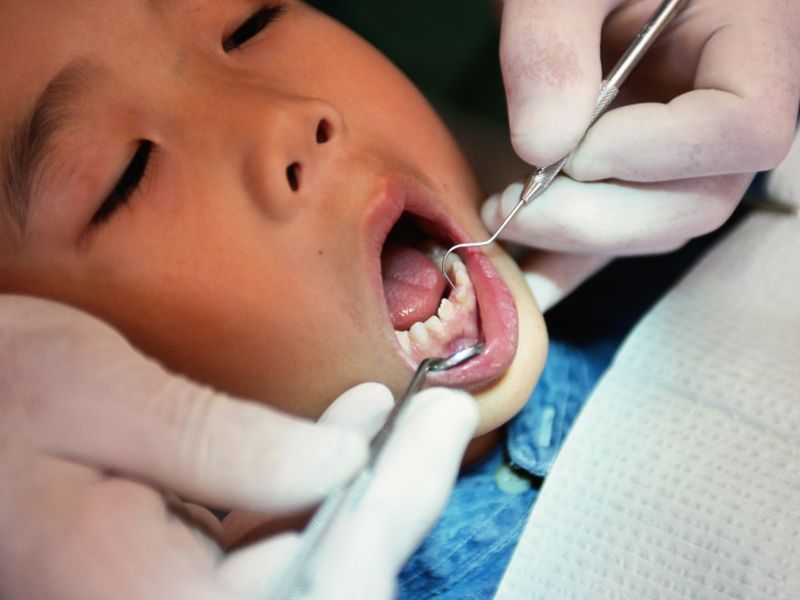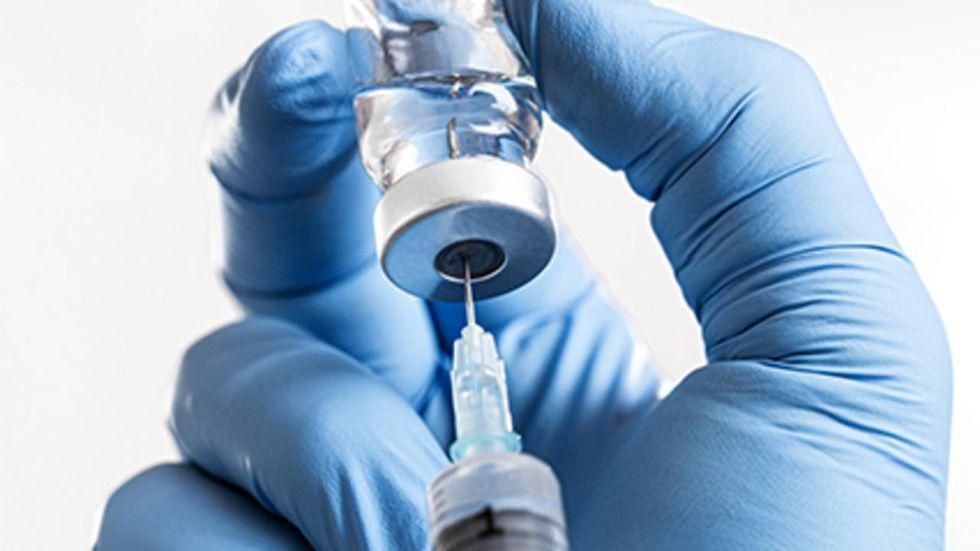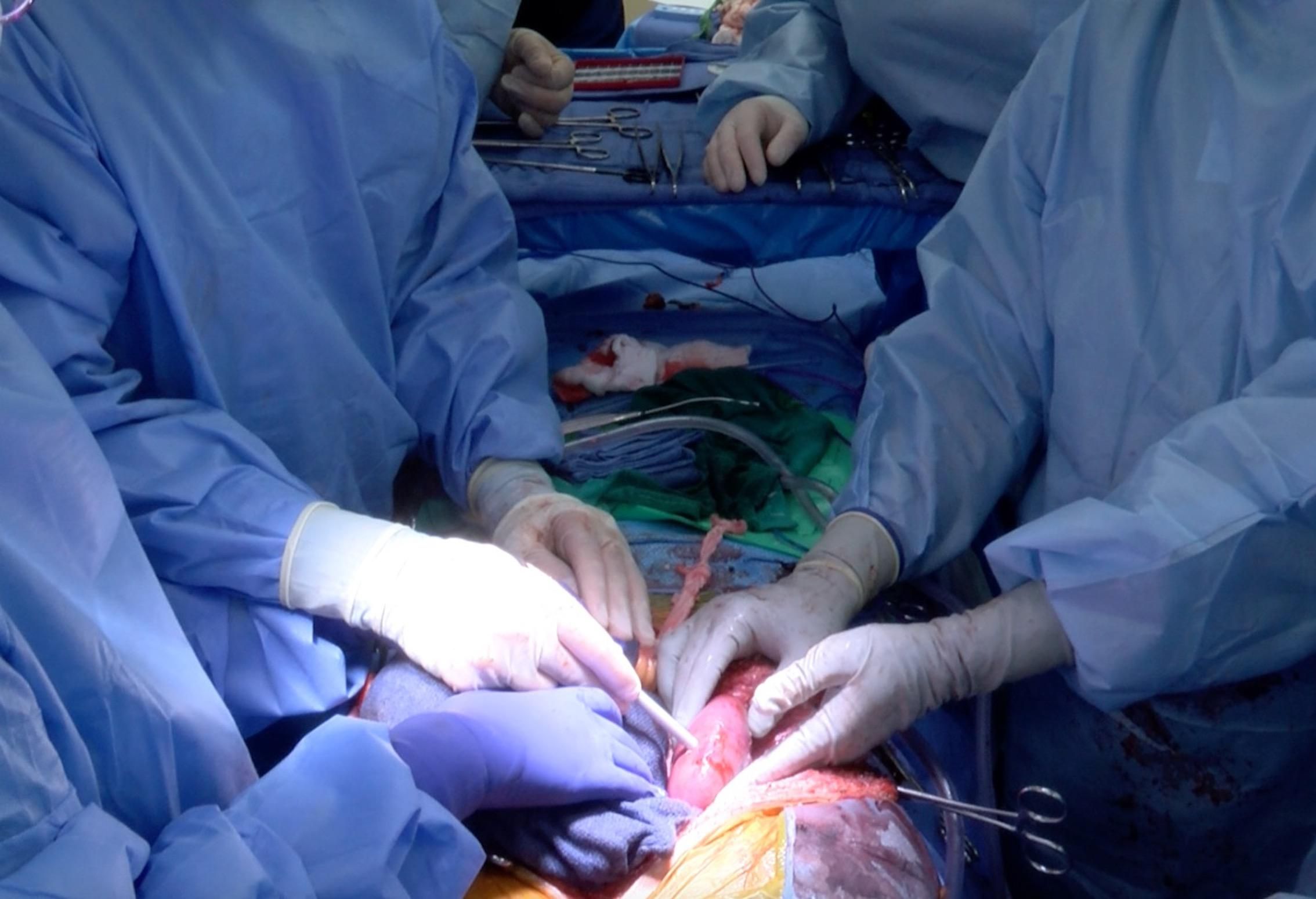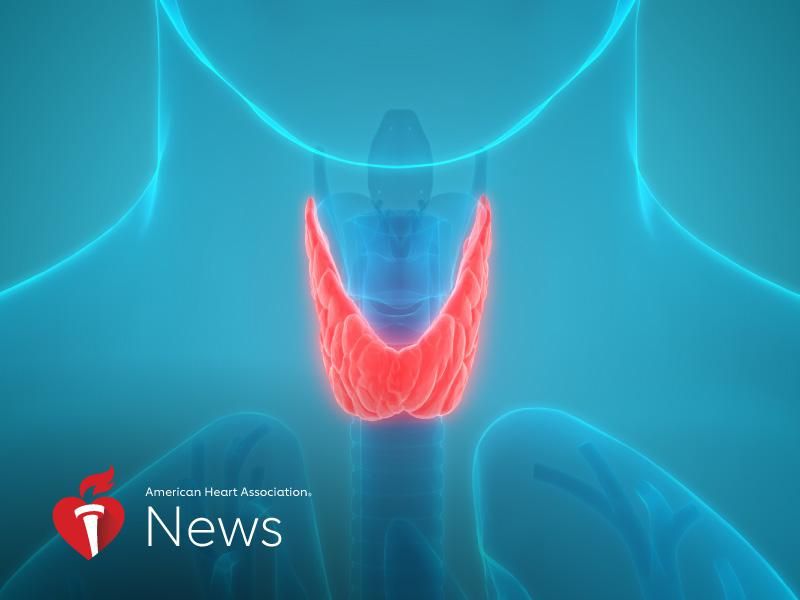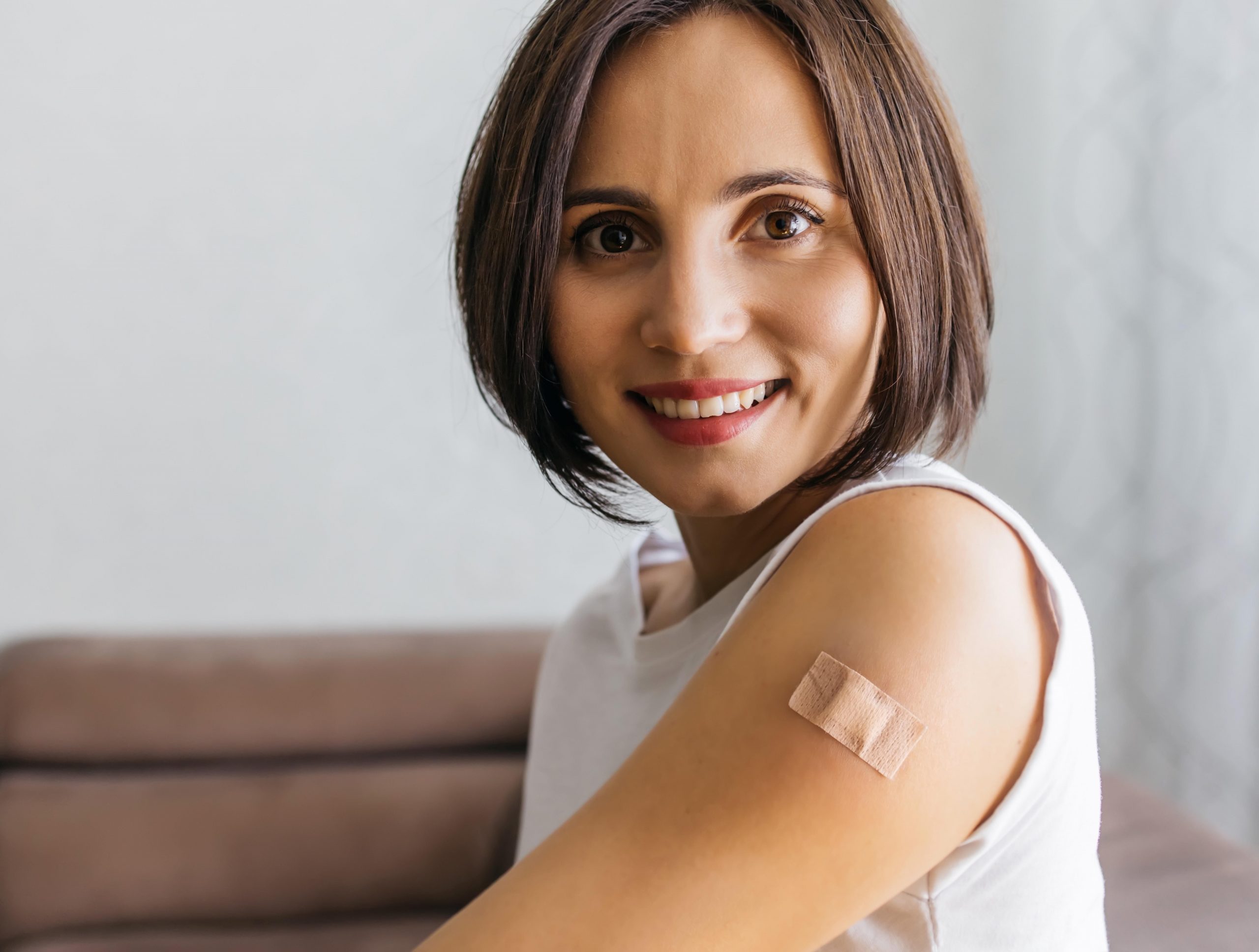
Sharing food and smooching are two ways babies can suss out whom they can depend on to take care for them, a new study suggests. The tell-tale clue common to both is a surprising one: saliva. “Babies don’t know in advance which relationships are the close and morally obligating ones, so they have to have… read on > read on >











